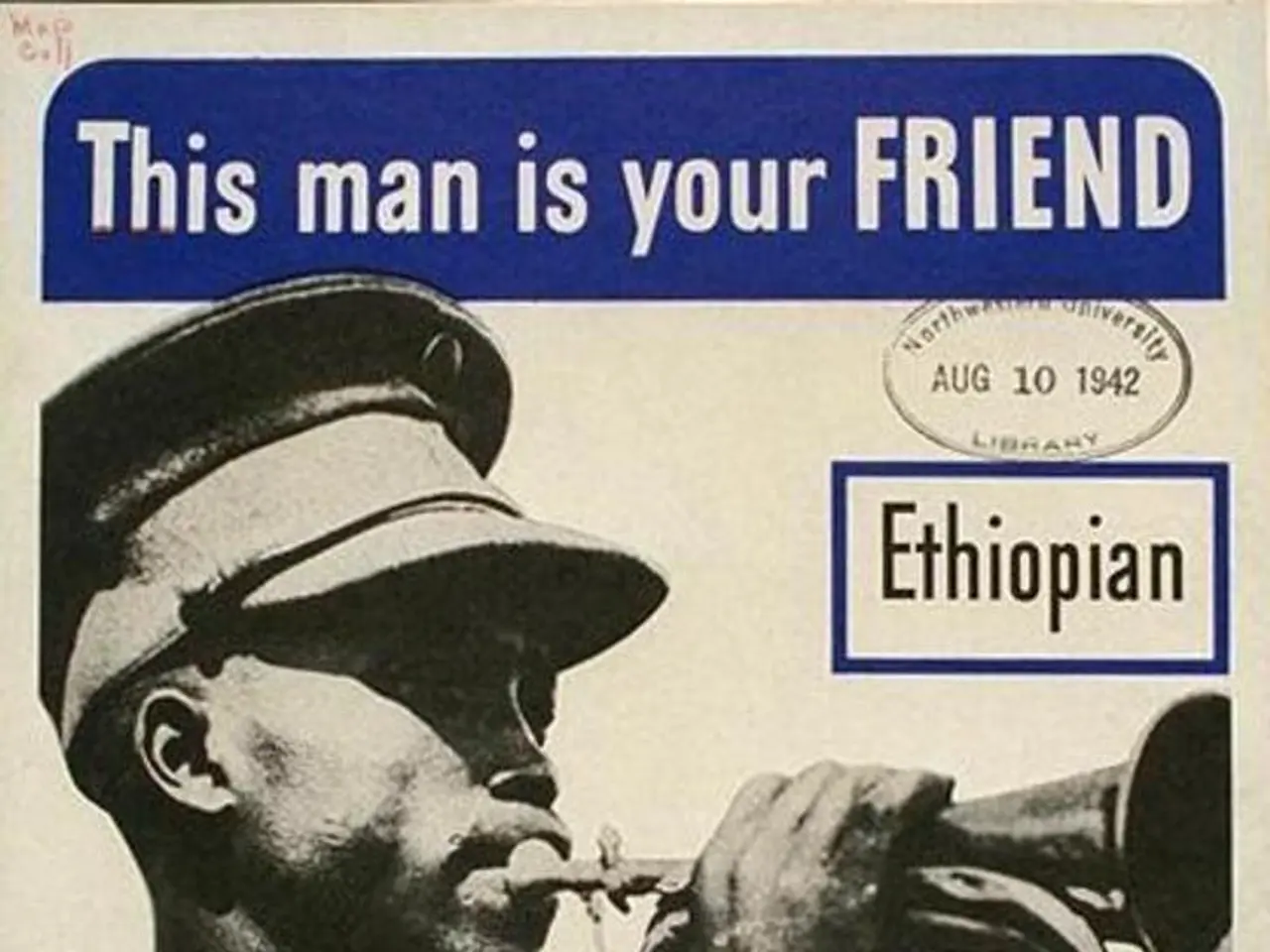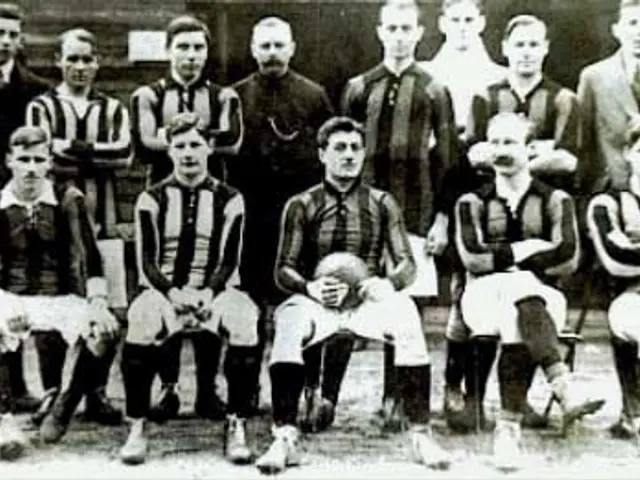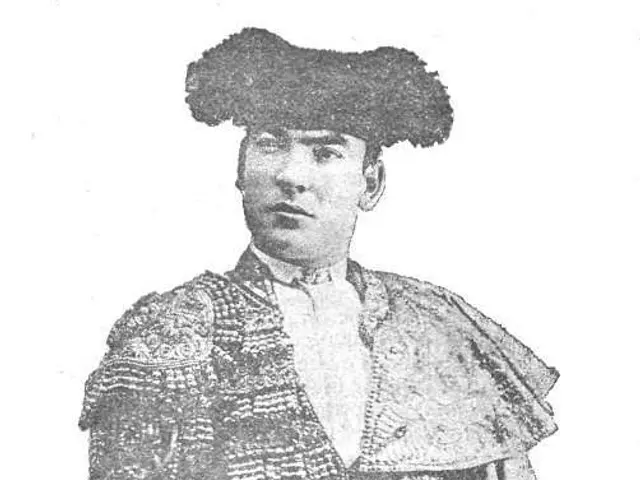after the tragic homicide of Charlie Kirk, deliberations arise on appropriate next steps
In a poignant article, Horatius, a former White House and Capitol Hill staffer, reflects on the assassination of Charlie Kirk, a prominent conservative activist in America. The act of violence has been denounced by mainstream figures and compared to the Annunciation school shooting and the attempted assassination of President Trump.
The author expresses a sense of foreboding that more violence might occur if the ideology of death and the attacks on conservatism continue. This ideology, as the author suggests, can be traced back to certain elements of the political left, divorced from God and justifying evil against political opponents.
The assassination of Kirk has been met with emotions such as disgust, grief, horror, confusion, anger, and a lack of surprise. The author, however, encourages achieving justice without letting anger drive us to hate. Instead, he advocates for emulating Charlie Kirk's approach of loving opponents and desiring their conversion, not their death.
The author quotes St. Paul's advice to overcome evil with good and urges us to strive to be more like Charlie Kirk after his murder. He believes that some left-wing rhetoric may create an environment that encourages violent actions and calls for the defeat of a movement that condemns conservatives as tyrants and breeds a culture of violence.
The author does not attribute the assassination to 'the left' or 'the Democrats' but rather identifies the political main group likely supporting the ideology as radical left elements. He warns that each act of violence could potentially spark a dangerous and bloody cycle of retaliation.
In a powerful conclusion, the author calls for collective condemnation to not fuel the flames of rage, as it could lead to more violence. He proposes punishing those who celebrate Charlie Kirk's death, making them unemployable social outcasts until they publicly repent.
The author ends by stating that the assassination of Charlie Kirk is being seen as an unleashing of demons and emphasizes the importance of refusing to hate, even in the midst of rage, to prevent evil from winning on all sides.
Read also:
- United States tariffs pose a threat to India, necessitating the recruitment of adept negotiators or strategists, similar to those who had influenced Trump's decisions.
- Weekly happenings in the German Federal Parliament (Bundestag)
- Southwest region's most popular posts, accompanied by an inquiry:
- Discussion between Putin and Trump in Alaska could potentially overshadow Ukraine's concerns








